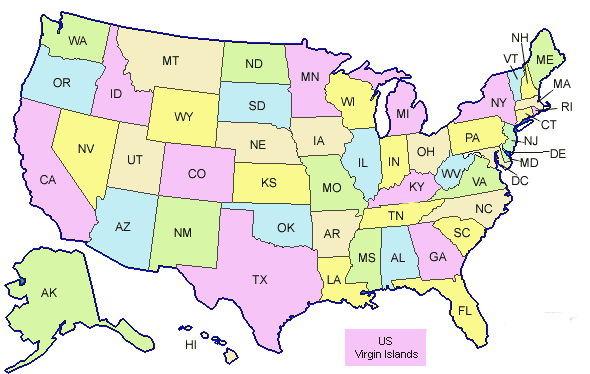Louisiana Financial Plans, Medicaid, IV-E, Daycare, Payments
Financial Plans
Louisiana permits a child in the legal custody of a Sending State to apply for and receive the following state administered assistance/benefits in Louisiana as the Receiving State:
- Medicaid
- TANF Child Only
- Kin-Guardianship - State
As the Sending state, the following are considered as a viable financial/medical plan when making interstate placements:
- Applying for TANF - (Family Income Based)
- Applying for TANF - Child Only
- Title IV-E Foster Care
- Title IV-E Adoption Assistance
- Sending State Adoption Assistance
- Kin-Guardianship - Fostering Connections (IV-E)
- Kin-Guardianship - State
- Medicaid
As the Receiving state, the following are considered a viable financial/medical plan when receiving interstate placements:
- Applying for TANF - (Family Income Based)
- Applying for TANF - Child Only
- Title IV-E Foster Care
- Title IV-E Adoption Assistance
- Sending State Adoption Assistance
- Kin-Guardianship - Fostering Connections (IV-E)
- Kin-Guardianship - State
- Medicaid
- Sending State’s Coverage for Medical Assistance
Medicaid/Medical Assistance Coverage, Benefits and Services
Louisiana will ensure medical coverage benefits and services can be received through benefits, programs and providers in the Receiving State before placing a child across state lines:
Medicaid
The receiving state is responsible for the Medicaid benefits of children eligible under Title IV-E. Otherwise, the responsibility is with the sending state (see Foster Care Payments):
Waiting Period for Medicaid Benefits
Waiting period to apply for benefit assistance:
Waiting period to receive benefits for a child who is under the legal custody/legal jurisdiction of the sending state:
State Medical Insurance/Coverage
As the Sending State, Louisiana will provide medical coverage if the child is NOT IV-E eligible:
- Yes: Reimbursement to placement resource or direct payment to the providers.
As the Sending State, Louisiana will permit Placement Resources to apply for medical benefits in the Receiving State or use their personal insurance:
Payments Made
TANF Payments:
- To qualify for cash assistance, a child must reside in the home of a parent or other qualified relative who is responsible for the day-to-day care of the child. The following relatives are qualified relatives:
● grandfather or grandmother (extends to great-great-great);
● brother or sister (including half-brother and half-sister);
● uncle or aunt (extends to great-great);
● first cousin (including first cousin once removed);
● nephew or niece (extends to great-great);
● stepfather or stepmother;
● stepbrother or stepsister.
These may be either biological or adoptive relatives.
Adoption assistance payments begin:
Foster Care Payments:
Monthly board rates are made to foster parents and relatives whose homes are certified for children in the custody of the State. Board rates are intended to help meet the daily needs of the child for shelter, food, clothing, allowance and incidental expenses. The board rates shall not be used by foster parents or relatives for expenditures that are not part of the needs of the child.
Special Education Payments:
Daycare Payments:
Day care services provide goal oriented, time limited service of substitute parental care for children *under** thirteen years of age in day care centers for part of a twenty-four hour day. Day care services are out of home child day care services that are provided either on a full-time or part-time basis for protective services reasons. They are provided to children who are active in the Child Protection Investigation Program or Family Services Program along with other necessary services directed toward improving family functioning and allowing the children to remain safely in their own home. They can also be provided to children who are active in the Foster Care Program when the eligibility criteria is met in order to make and/or maintain the child’s placement when maintaining the placement is in the child’s best interest.
Kinship Program
yes
Title IV-E
MEDICAID - The receiving state is responsible for the Medicaid benefits of children eligible under Title IV-E. Otherwise, the responsibility is with the sending state (see Foster Care Payments):
Title IV-E documentation/verification required:
- Yes: Written documentation verifying IV-E eligibility.
